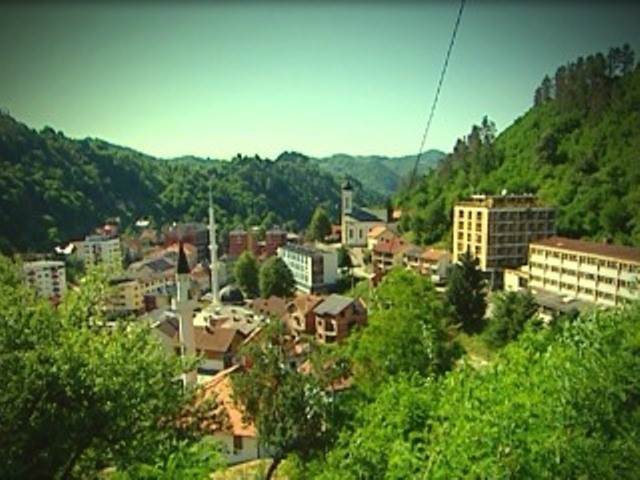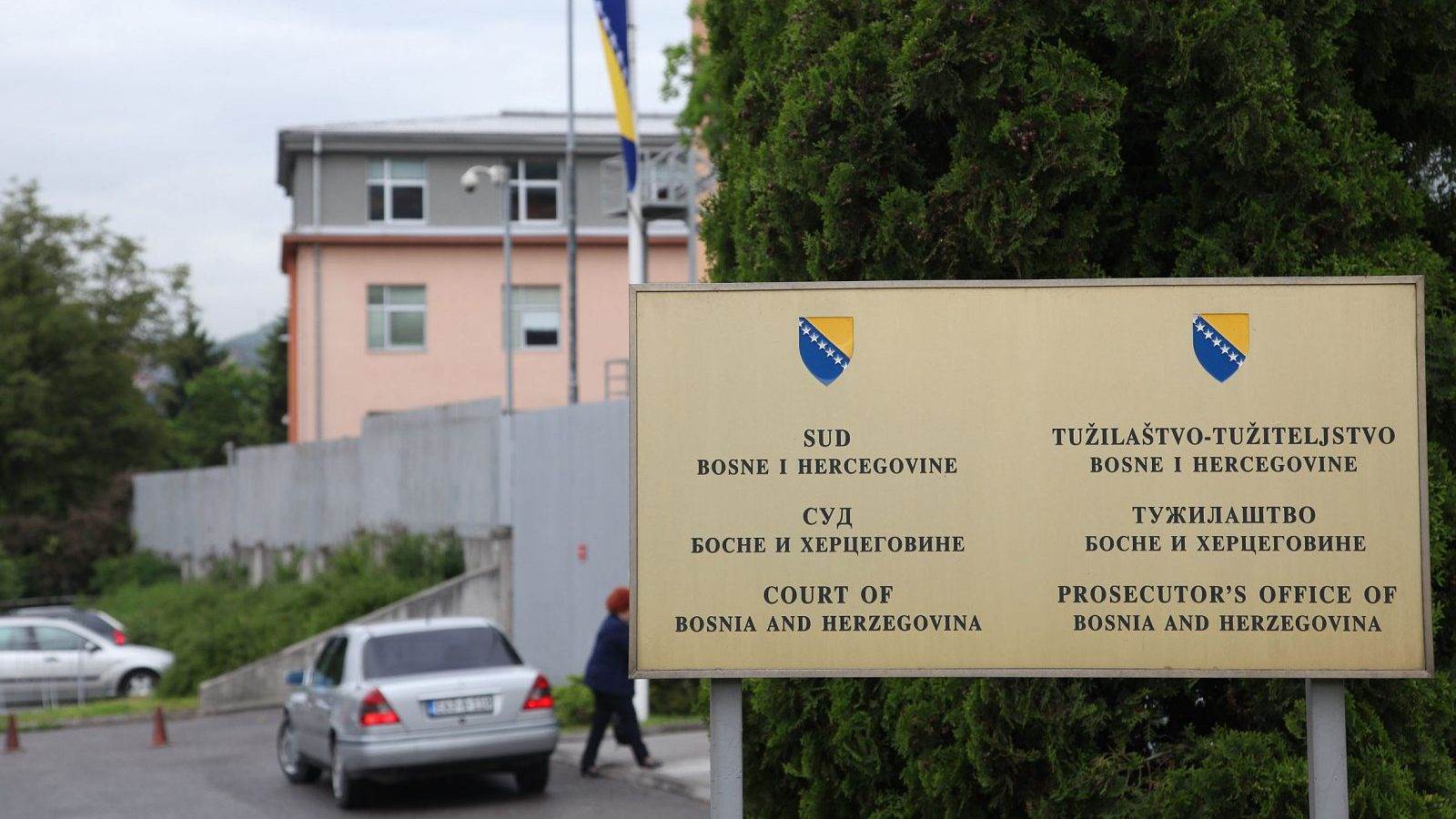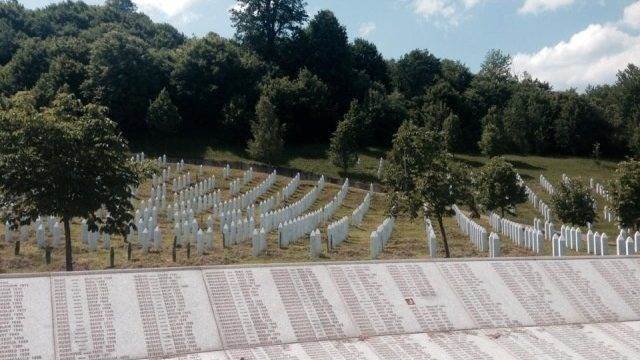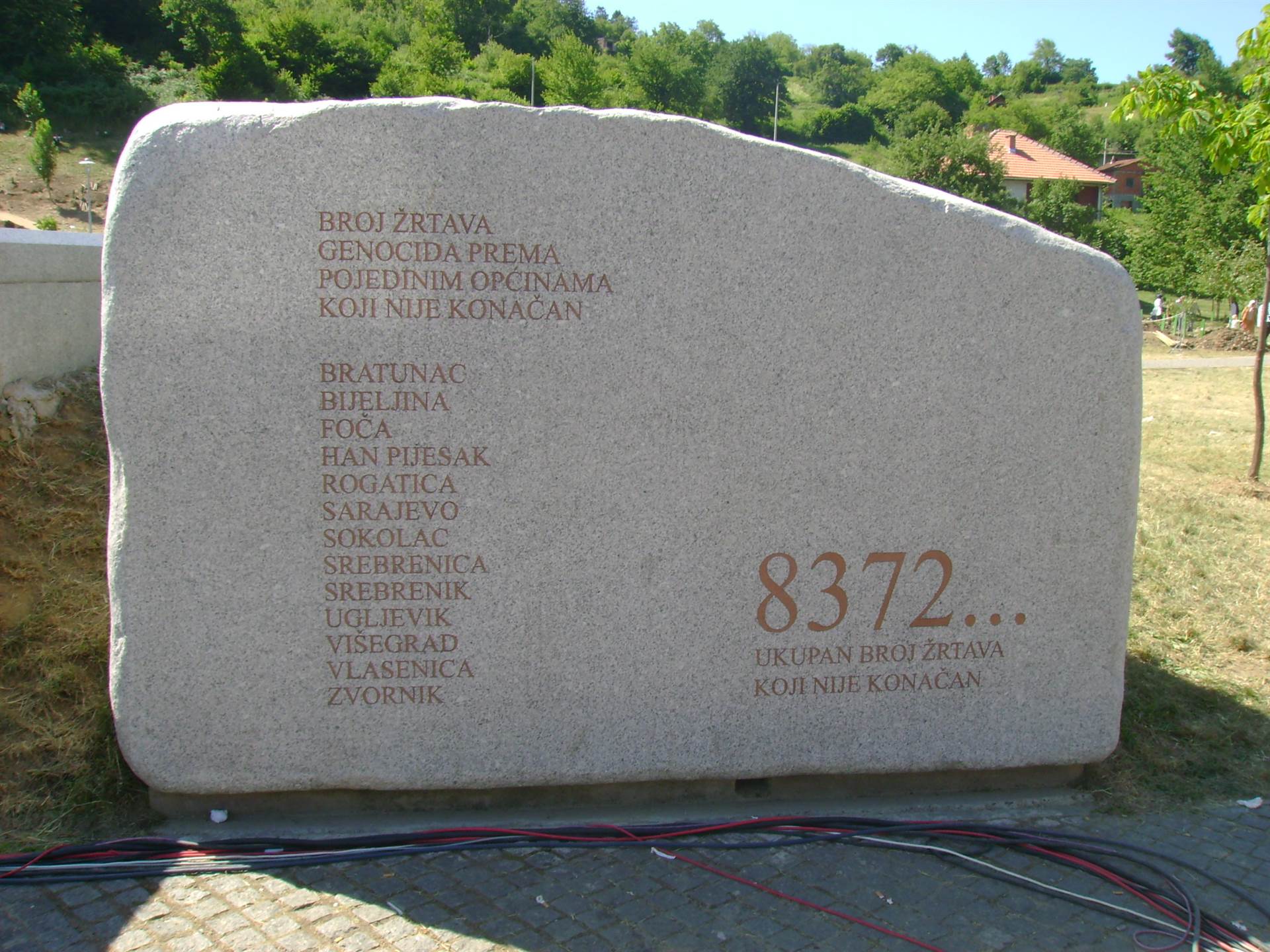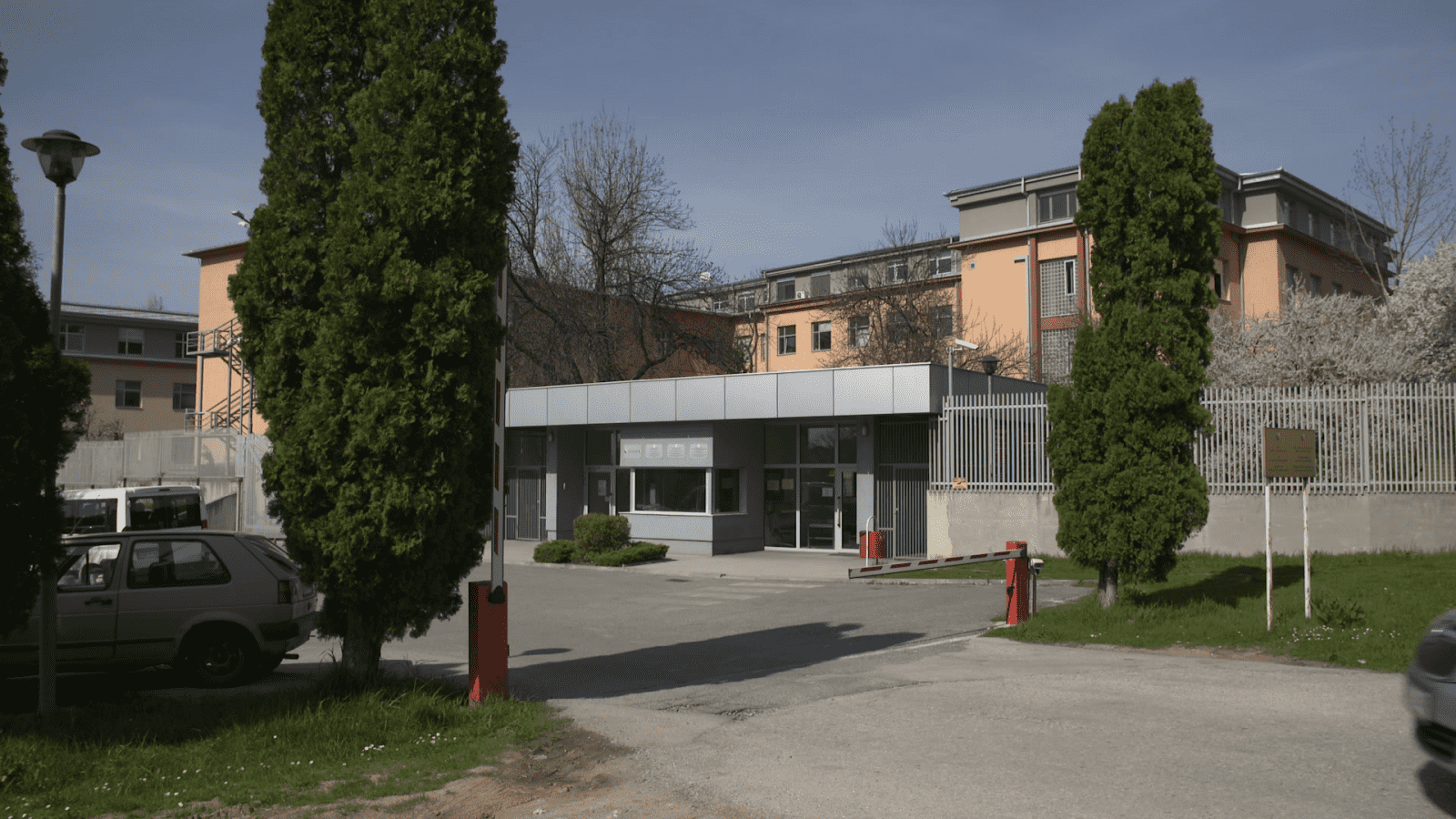At the trial for genocide in Srebrenica, the Defence of second indictee Stanko Kojic included material evidence which are mainly related to the activities of the Army of Bosnia and...
The Court of Bosnia and Herzegovina has ordered prohibiting measures against Slobodan Grujic, who is charged for crimes in the area of Zvornik Municipality in 1992.
At the trial of four people charged with genocide in Srebrenica, witnesses who were testifying about the execution of prisoners at the Branjevo Military Academy on July 16, 1995, were...
A former member of the Tenth Reconnaissance Squad of the Main Headquarters with the Republika Srpska Army, VRS says at the trial for genocide in Srebrenica that he was not...
The trial of Radovan Karadzic in The Hague Tribunal continued with a statement by pathologist Christopher Lawrence regarding autopsies of the victims from Srebrenica that were exhumed from eight mass...
Testifying at the trial for genocide in Srebrenica, a Defence witness says that he was taken him to an arable field in the vicinity of Branjevo and was told to...
Testifying in his defence at the trial for genocide in Srebrenica, indictee Franc Kos says that prisoners, who were brought to Branjevo military farm, were first killed from machine guns...
At the trial of defendants charged with genocide in Srebrenica, a witness for the Prosecution of Bosnia and Herzegovina said that Muslims in Srebrenica did not have weapons which they...
The Court of Bosnia and Herzegovina sentences Momir Pelemis to 16 and Slavko Peric to 19 years' imprisonment for assisting in the commission of genocide in Srebrenica in July 1995....
At the trial for genocide in Srebrenica, a Defence witness says that he found out that civilians were killed on Branjevo, but people were not allowed to speak about the...

